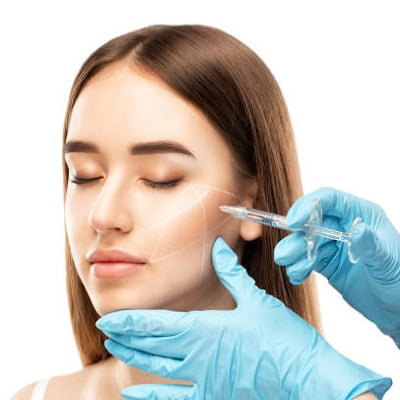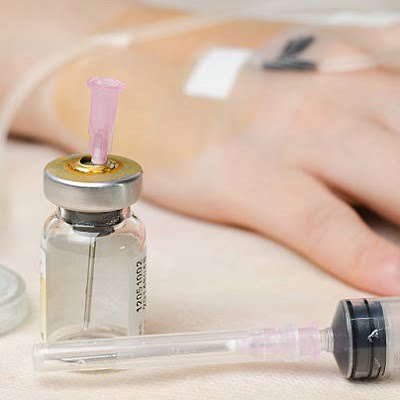
Skin whitening has become a controversial and widely discussed topic in Pakistan, where the obsession with fair skin is deeply rooted in the culture. The demand for skin whitening products, particularly skin whitening injections in Islamabad, has steadily increased.
In this blog, we will delve into the reasons behind Pakistanis’ obsession with skin whitening injections, the societal influences that drive this obsession, the consequences of this trend, and the need for a more inclusive perspective on beauty and skin colour.
Historical and Societal Influences:
The obsession with fair skin in Pakistan has historical roots that can be traced back to the colonial era. During British rule, fair skin was associated with the elite and superior class, while dark skin was considered inferior. This colonial legacy left a profound impact on the psyche of Pakistanis, leading to a preference for lighter skin tones. This preference is not unique to Pakistan; it has manifested in various forms in many countries that were once under colonial rule.
Economic and Social Mobility:
In Pakistan, fair skin is sometimes considered a ticket to economic and social mobility. Many people believe that having lighter skin can lead to better job prospects, higher marriage proposals, and an overall improvement in one’s social status. This mindset is fueled by the notion that fair skin is more attractive and, therefore, more desirable to potential employers and partners.
Cultural and Family Pressure
The obsession with fair skin often begins within families and communities. Parents and relatives sometimes impose beauty ideals on their children, emphasizing the importance of having fair skin. This pressure can be particularly acute for young women who are constantly reminded that fair skin will make them more appealing in the marriage market. Matrimonial ads in Pakistan often specify a preference for fair-skinned brides, perpetuating the idea that fair skin is a desirable trait.
Influence of Advertising and Marketing:
The beauty industry in Pakistan capitalizes on the obsession with fair skin through aggressive advertising and marketing campaigns. Billboards, TV commercials, and social media platforms are flooded with advertisements for skin-whitening products, including injections. These ads often depict fair-skinned models and celebrities, making the connection between fair skin and success, happiness, and desirability even stronger.
The Consequences of the Obsession:
The obsession with skin whitening injections has several consequences, both on an individual and societal level. Some of these consequences include:
- Health Risks: Skin whitening injections can have serious health risks, including skin damage, allergic reactions, and even life-threatening conditions. These treatments can disrupt the natural melanin production in the skin, leaving individuals more vulnerable to harmful UV radiation.
- Low Self-esteem: The obsession with fair skin often leads to low self-esteem and self-worth, especially among individuals who feel they do not meet the cultural standard of beauty. This can result in a negative self-image, anxiety, and depression.
- Reinforced Discrimination: The belief in fair skin as a standard of beauty reinforces discrimination and prejudice against people with darker complexions. It perpetuates harmful stereotypes and biases.
- Financial Burden: Many individuals spend significant amounts of money on skin whitening products and treatments, which can be a financial burden, particularly for those from lower-income backgrounds.
- Hindrance to Individual Potential: The focus on external appearance often hinders individuals from realizing their true potential and pursuing their talents and ambitions. It promotes the idea that one’s worth is determined by their physical appearance.
All Summed Up!
The obsession with skin whitening injections in Pakistan is a complex issue deeply ingrained in historical, societal, and economic factors. It has widespread consequences for individuals and society, perpetuating discrimination and low self-esteem.
To combat this obsession, there is a need for a shift in societal beauty standards, more rigorous regulation of the beauty industry, and increased awareness about the risks associated with skin whitening injections. Embracing diversity and promoting self-acceptance can help individuals break free from harmful beauty ideals and develop a more inclusive perspective on beauty and skin colour.



